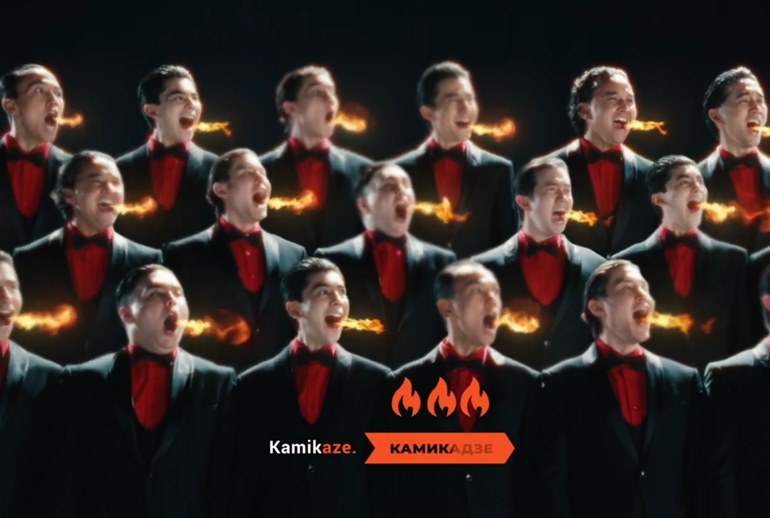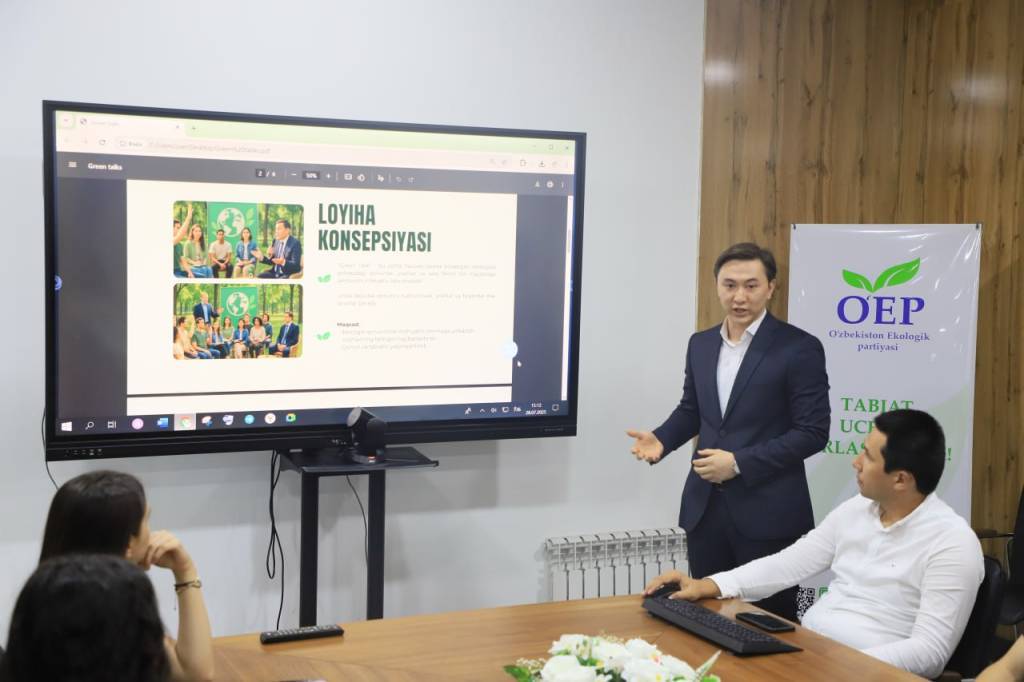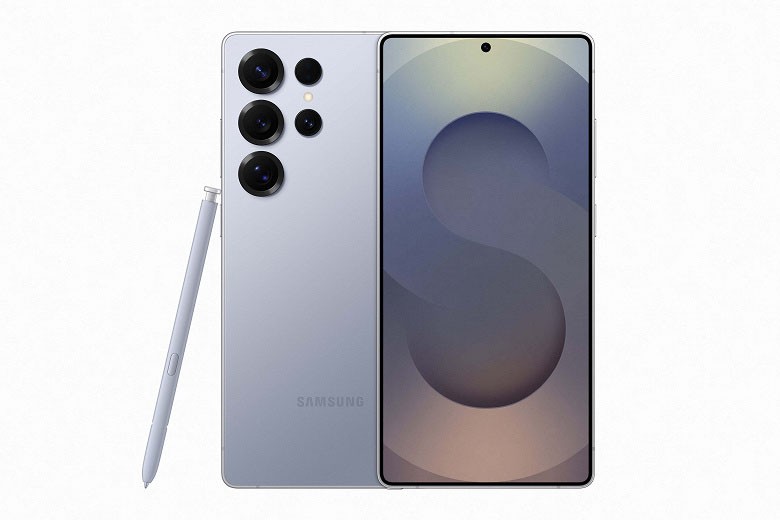Microsoft's attempts to promote its own AI assistant, Copilot, among enterprise customers are facing the growing influence of OpenAI's ChatGPT. Despite the large-scale integration of Copilot into Microsoft products and an aggressive sales strategy, more and more employees of companies prefer ChatGPT as a more convenient and functional tool for everyday tasks.
Pharmaceutical company Amgen Inc. in 2023 announced the introduction of Copilot for 20,000 employees. After 13 months, most of the company's employees are using ChatGPT. According to Sean Bruich, senior vice president of Amgen, the OpenAI product was not only technologically mature, but also "pleasant to use." Internal employee surveys have shown that ChatGPT effectively helps in analyzing scientific information and compiling reports. Although Copilot continues to be used, it is mainly used for working with Microsoft Outlook and Teams.
According to OpenAI, the paid business audience of ChatGPT has reached 3 million users — an increase of 50% in recent months. For comparison, Microsoft claims that Copilot is implemented in 70% of Fortune 500 companies, and the total number of paid subscribers has tripled compared to the same period last year.
The situation is complicated by the fact that both products use the same OpenAI models. Against this background, Microsoft is having difficulty differentiating Copilot. Many Microsoft employees, according to sources, are under pressure — Copilot sales are a priority, but it is difficult to convince customers: many of them have already tried out ChatGPT in private.
According to Jared Spataro, head of Microsoft's AI products for the enterprise segment, the popularity of ChatGPT among the mass consumer does not always mean its applicability in the corporate environment. He emphasized that the company adapts technologies to business realities, ensuring stability, security and compatibility with existing IT environments.
Microsoft is facing a slowdown in the implementation of updates: new features added to ChatGPT appear in Copilot with a delay due to long testing processes. This reduces the attractiveness of the product against the background of a competitor who is implementing improvements faster. Spataro noted that Microsoft selects only those updates that meet security standards and have a positive impact on the user experience.
Companies such as New York Life Insurance Co. provide their employees with the opportunity to test both products simultaneously. All 12,000 employees now have access to both Copilot and ChatGPT. According to the director of data analytics, Don Wu, the company intends to monitor the dynamics of use, the level of engagement and evaluate which of the technologies will be most suitable.
Integration with the Microsoft ecosystem is a key advantage of Copilot. However, as practice shows, technical compatibility does not always win out over user experience. At Finastra, for example, employees prefer ChatGPT, despite the fact that management promotes Copilot. Adam Lieberman, Chief Ai Officer, notes that Copilot is becoming more functional, but so far it is losing out in intuitiveness. He also stressed that the cost of Copilot — $30 per month per user-is often lower than that of ChatGPT Enterprise, which can cost up to $60.
OpenAI, in turn, is moving to a more flexible payment model, depending on the amount of usage. This can make ChatGPT more accessible to large companies. The company also offers discounts when purchasing additional AI solutions, which encourages the growth of corporate subscriptions.
Despite the growing competition, Microsoft continues to make big deals. According to internal information, the company's clients — Barclays, Accenture, Volkswagen and others-have implemented Copilot in more than 100,000 employees each. Microsoft CEO Satya Nadella emphasized at a recent event that the goal is to scale the use of Copilot to hundreds of millions of users. However, as the experience of clients like Bain & Co. shows, implementing this plan will be difficult. Bain ChatGPT is regularly used by about 16,000 employees, while Copilot is only used by 2,000, mostly in Excel and other Office applications. According to Ramesh Hrazdan, Technical director of the company, Copilot continues to develop, but still does not reach the level of a competitor.











